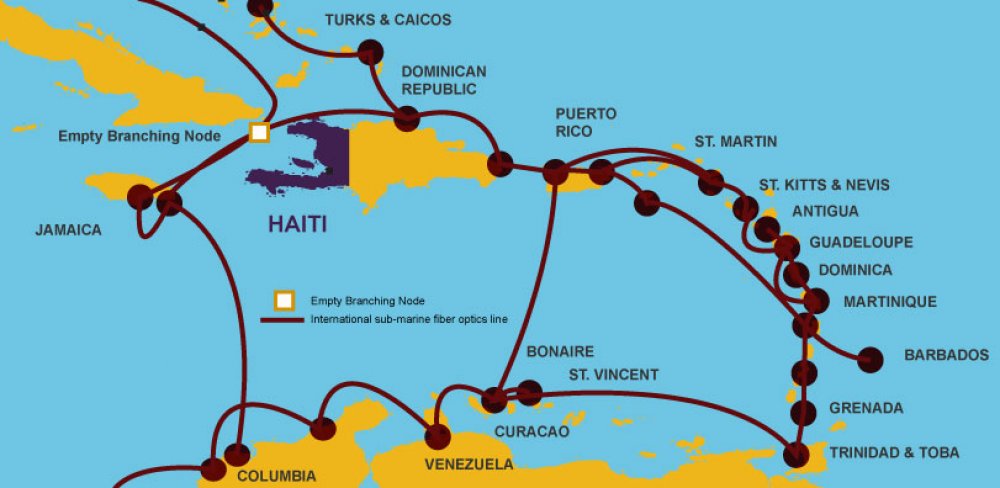CAPS will also contribute to improving access to CSM rights as a result of factors such as the following:
- Member States are using a standardized, harmonized and streamlined approach in receiving applications from and issuing certificates to CARICOM Nationals who wish to move within the Region to access their rights:
- Skilled Nationals
- Service Providers
- Business people (under the Right of Establishment)
- Online application process leading to Improved Access - from anywhere in the world at anytime
- Improved and more efficient processing and approval of applications for certificates of recognition as skilled nationals and service providers as well as reduce the burden on scarce human resources, as the review of applications can be done fully online;
- Electronic processing rather than manual
- Virtual meetings for Free Movement Committee (approvers)
- Electronic signature
- Online payments
- Easier procedures at Ports of Entry
- Standardized certificate
- Information in CAPS accessible to Immigration Officers
- System can Provide Information on Certificate Holders
- Skilled Nationals can opt to be visible to regional employers
- Service Providers can opt to be visible
- Central Repository of Information on CSM regimes that can be accessed by
- CCS
- Governments of Member States
- Academia
- Media
- Investors
- Provide the Community and Member States with improved capability to collect and capture reliable data on the five Core CSME regimes, such as the number of applications for recognition of skilled nationals by nationality or by country granting such recognition; this will lead to the collection of much needed factual information on which to formulate/develop policy and take decisions;
- Create/strengthen e-government systems. It communicates that Governments are responding to the current needs to move their operations and administrative processes into a virtual environment.
There is a large cadre of persons trained around the Region who can utilize, train and promote CAPS and in so doing promote the CSM.
The Document and Workflow Management System (DWMS) is a crucial component of the larger initiative to make the rights under the CSM more accessible and to ensure a higher level of efficiency and effectiveness in the processing of these rights. The system will contribute to the achievement of the full integration of the national markets of Member States of the Community into a single, unified and open market area.
The Revised Treaty of Chaguaramas calls for the modernisation of Governments Bureaucracies by inter alia:
- Encouraging the development of closer contacts between public sector administrations, industries and stakeholders;
- Removing impediments and improving the regulatory framework for economic enterprises at the national and regional levels; and
- Encouraging cost effectiveness in the delivery of services to the public.
In addition to addressing these Treaty mandates, the system will also generate reliable data on the movement in the Single Market. This has been a challenge the Community and Member States have been grappling with over the life of the CSM.
The system is a fully integrated web-based information management system which will facilitate the movement of skilled persons, temporary service providers and business persons across the twelve (12) participating Member States, by efficiently processing a significant number of documents which fall under the following processes:
- Application for a Skilled National Certificate
- Verification of Skilled National Certificate
- Change of Skilled National Certificate
- Application for Service Provider Certificate
- Change of Service Provider Certificate
- Movement under the Right of Establishment
Expected Outcomes of the Document and Workflow Management System
The expected outcomes of the Document and Workflow Management System are:
(a) Improved application procedures, efficiency in the processing and approval and increased overall user friendliness of the system;
(b) Harmonised and standardised application throughout the twelve (12) participating Member States; and
(c) Improved capability to collect and capture reliable data which will enable Member States and the Community to formulate/develop policy and take decisions based on factual information.







